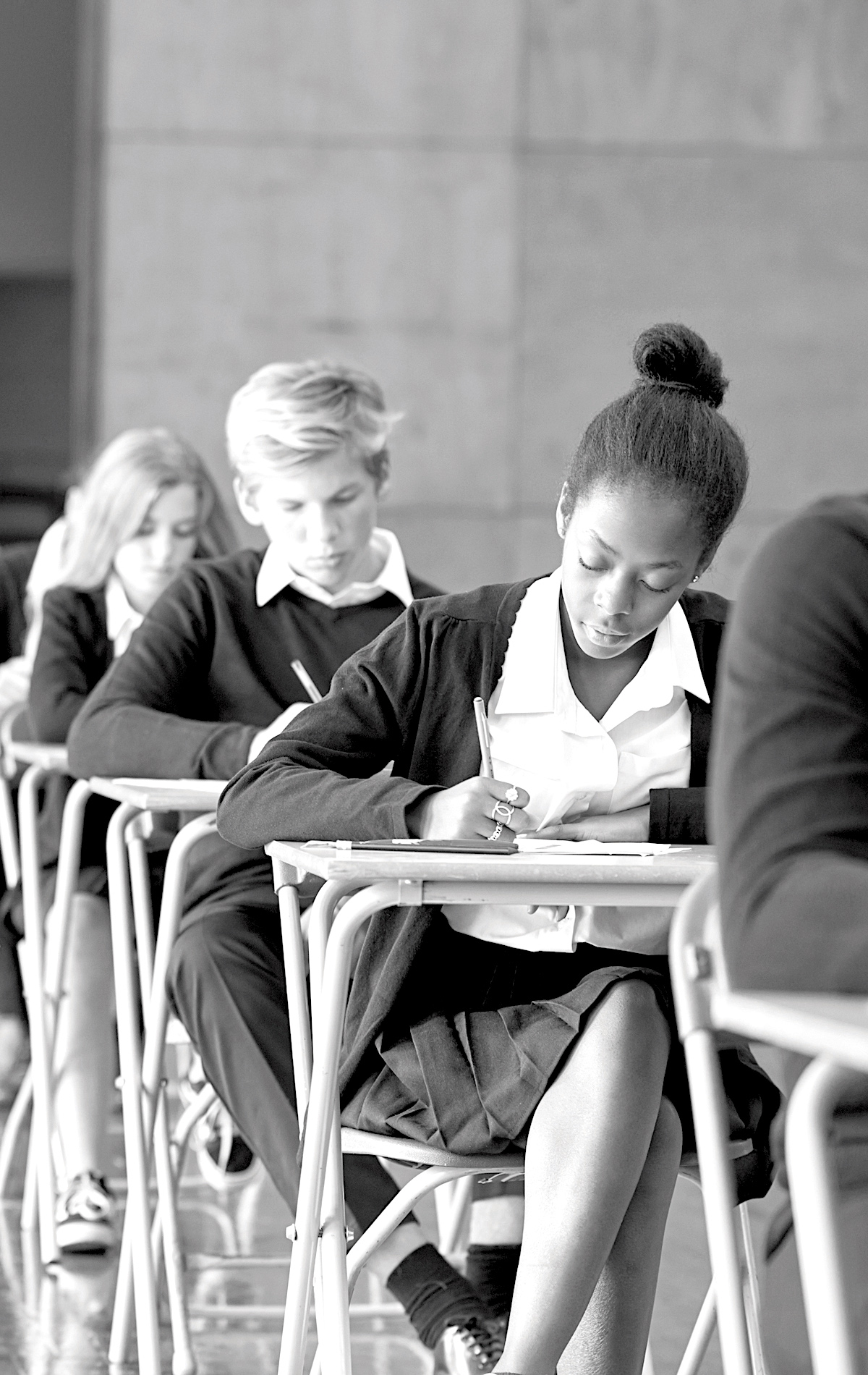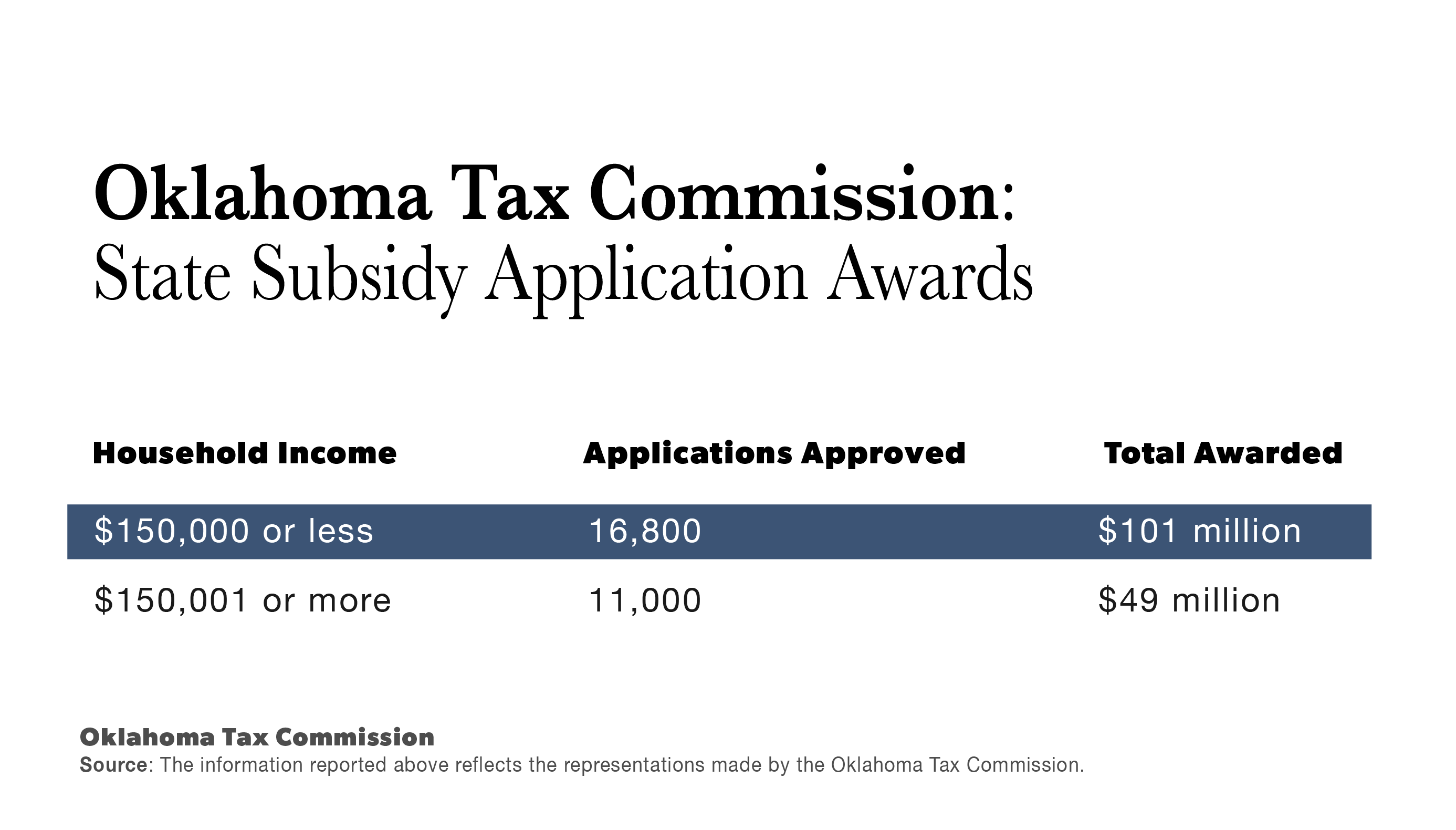
LOCAL & STATE
John Neal
Photo Adobe Images
Wealthy Benefit While Public Education May Lose
Oklahoma taxpayers have made a significant contribution of $150 million to support the education of private school students, a move that could undermine public education across the state. This is part of an ongoing private school funding scheme passed into Oklahoma law in 2023. Oklahoma Tax Commission records obtained by The Oklahoma Eagle reveal that these funds were used to pay the tuition and fees of 27,800 private school students in the 2023- ‘24 school year. As critics of the new state program anticipated, it was affluent Oklahoma families that reaped the most significant benefits, potentially widening the gap between the haves and the have-nots in Oklahoma’s education system.
In 2023, Oklahoma joined a dozen Republican-dominated states to provide state-sponsored private school funding as an alternative for students attending public schools. In the first year of the Oklahoma Parental Choice Tax Credit Program, the vast majority of program funds benefited families with incomes well above the state average. Nearly three fourths of students attending private schools received some amount of taxpayer subsidy, raising serious concerns about the potential impact on public education.
Moreover, the subsidy disproportionally benefited the very wealthiest Oklahoma households. More than 70 percent of the households that received the tax credit for private education earned substantially more than the average Oklahoma household. The top ten percent of annual household incomes ($150,000+) garnered forty percent of the application awards and roughly one third of the financial benefits – a total of $49 million.
The total state expenditure for private school students, from Pre-K through 12th grade, was a staggering $150 million in the 2024 tax year. This figure will rise to $200 million in 2025 and a whopping $250 million in 2026, potentially placing a significant financial burden on taxpayers.
In addition to obtaining program disbursement summaries from the Oklahoma Tax Commission, The Oklahoma Eagle reviewed the changes in the Parental Choice Tax Credit Program that were adopted in the 2024 Oklahoma legislative session. These changes expand and streamline support for the private school state-sponsored program. The Oklahoma Eagle also interviewed Oklahoma Tax Commission spokesperson Emily Haxton to provide readers with a comprehensive understanding of the program and its potential impact on public education and private school student families.
Wealthy benefit
Absent targeted programs of assistance to minorities and the economically disadvantaged, private schooling are the domain of the wealthy. In 2023, tuition averaged $6576 for elementary and $7,620 for high schools in Oklahoma, according to a survey in the Private School Review. The Oklahoma Tax Commission used the Private School Review data in forecasting the financial impact of the new private school subsidy legislation. In 2024, the Private School Review data reflected a double-digit increase in Oklahoma private school tuition costs, with an even higher average tuition cost of $9,655 for Tulsa private schools.
Several senior Oklahoma political figures, among others, have bashed the state subsidy program. North Tulsa State House Representatives Regina Goodwin (D-73) and John Waldron (D-77), months before the implementation of the new program, forecasted a bonanza for the wealthy, raising significant concerns about the equity of the subsidy. (See https://theokeagle.com/2024/02/07/public-funds-pay-private-education-expenses/ )
On June 6, The Oklahoma Eagle solicited a final tally of the state subsidy awarded applications disaggregated by household income. The Oklahoma Tax Commission provided the following information. The Oklahoma Eagle organized it in this table.

In its final tally, the Oklahoma Tax Commission did not disaggregate household incomes below $150,000. However, based on preliminary data (85% complete) for household incomes provided by the tax commission in May, The Oklahoma Eagle estimates that less than 30% of the private school students’ financial subsidies were made to households earning less than $75,000 annually. The Oklahoma average household income is $61,364, according to the latest U.S. Census estimate. And those earning $150,000 or more took one-third of the financial benefit.
The Parental Choice Program was also a massive subsidy to the private school industry in Oklahoma. On its website, the Oklahoma Tax Commission posts that all but a handful of the approximately 200 private schools state-wide, over 30 in the City of Tulsa, are registered for participation. In 2023, the Oklahoma Tax Commission reported to the legislature that there were 37,688 private school students. The Commission received 36,000 applications and approved 27,800, or 74% of all private school students, for financial assistance paid directly to Oklahoma private schools.
Tax cheats and other questions
Oklahoma Tax Commission spokesperson Haxton told The Oklahoma Eagle that “5,600 applicants were denied due to the program reaching [financial] capacity.” Nonetheless, legislatively approved increases to the financial capacity of the program for 2025 and again in 2026 will easily accommodate all private school student applicants.
The enacting legislation for the Parental Choice Tax Credit Program required the Tax Commission to deduct any “delinquent state tax” owed to Oklahoma from an application financial award. As first reported by Oklahoma Voice, citing Commission tax records, and later confirmed by The Oklahoma Eagle, this provision did not stop 1,249 delinquent taxpayers owing approximately $2 million from applying for the tax-subsidized program.
The amending legislation for the Parental Choice Tax Credit Program, signed into law in 2024, brought about significant changes, including prohibiting the Tax Commission from reducing the award for delinquent taxes owed or tax liabilities for “any prior tax year.” Another amendment made the private school tax credit “exempt from taxable income.” Other changes aided the program application and award process.
The Oklahoma Eagle staff sought to gain a deeper understanding of the program’s beneficiaries by requesting specific information from the Oklahoma Tax Commission. This included a breakdown of the funds allocated to each private school and the number of applicants awarded in Tulsa or Tulsa County. While spokesperson Haxton was cooperative and responsive to most queries, she declined to provide answers to these specific questions, which could have shed more light on the program’s operations.
Haxton responded, “We do not currently have that information.” We have “yet to determine if this type of information will be made available for reporting purposes.” She added, “Beginning next year,” certain other information would be posted on the Tax Commission website, including how many students left public schools for private ones under the program, how many applications were denied, and further disaggregation of awards by income categories.
Tulsa and Public Education
With time and as more questions are answered, a clearer picture will emerge about the impact of the Parental Choice Tax Credit Program. Only about five percent of Oklahoma students (K-12) attend private schools. According to the Private School Review, Tulsa leads the state with 19% or 12,000 students. The same source reports there are 104 public school sites serving roughly 52,400 students in Tulsa. Tulsa Public Schools (TPS) is the largest school district in the state and accounts for most public schools and students in Tulsa.
It is foreseeable scenario that the allure of private school education, bolstered by the substantial state subsidy, may draw more students away from public schools. The opportunity to blend religious and common education, a feature available at approximately two-thirds of Tulsa private schools, could also be a factor.
Tulsa families seeking more information on private schools can look here: https://www.privateschoolreview.com/oklahoma/tulsa and https://www.niche.com/k12/search/best-private-high-schools/s/oklahoma/
However, roughly 80 percent of TPS students are economically disadvantaged. The structure of the state subsidy program and the high costs associated with private schooling in Tulsa, including tuition, fees, and other expenses, may pose a significant barrier for most TPS families considering private schooling.
What is certain is that there will be a drain on tax dollars that Oklahoma could use to fund public education. The $150 million disbursed in 2024 will increase in the Parental Choice Tax Program law to $200 million in 2025 and $250 million in 2026 and subsequent years.










